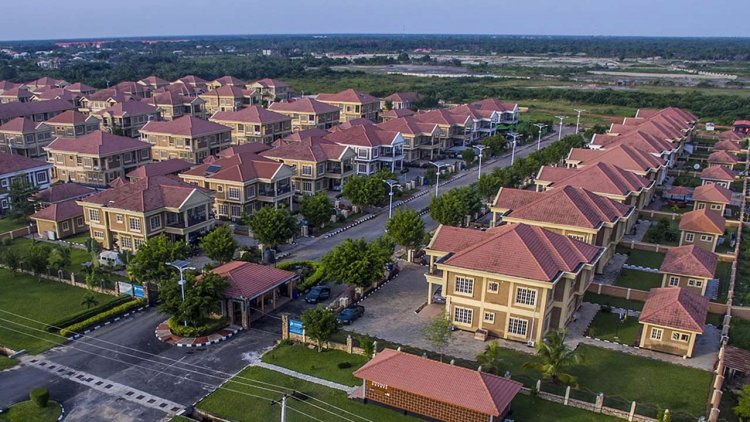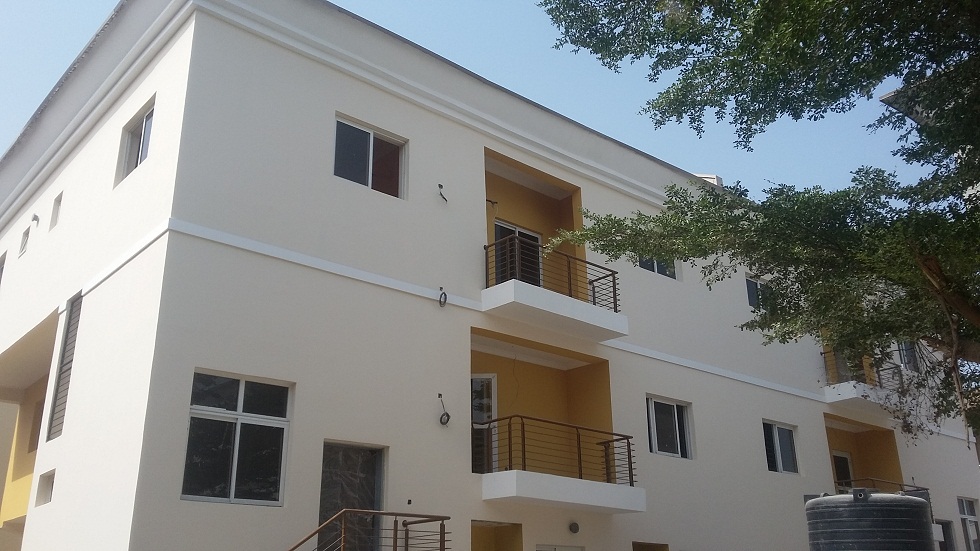There exist huge financing deficits in the healthcare sector which obviously present investment opportunities for private investors as well as for private-public partnership (PPP) schemes for the various African nations.
This could be delivered under a portable investment vehicle of Real Estate Investment Trusts (REITs) scheme that could efficiently tap into the opportunities and deliver good returns to the investors.
According to the “Healthcare in Africa” report released by Knight Frank (an International major player in Real Estate), the UN Economic Commission for Africa has noted that the private sector accounts for 50% of the health care expenditure but strongly contends that the African nations are currently grappling with an annual financing deficit of $66bn for primary healthcare.
REITs, or real estate investment trusts give all individuals the opportunity to benefit from investing in income-producing real estate. REITs allow anyone to own or finance properties the same way they invest in other industries, through the purchase of their shares/stocks.
What you should know
- Healthcare is the basic need for humans. Apart from the doctors, nurses and care-giving staff, there is a need for big, sufficient and stable infrastructures to support and fulfil this basic need.
- Most healthcare REITs specialize in various types of property sub-sectors including senior housing (primarily assisted and independent living), skilled nursing, medical office buildings, hospitals, and life science labs, etc.
- The healthcare REITs do not exist in Africa as the development of REITs is still in its nascent and fragile stages.
- The healthcare REITs, being low risk and long term investments, is considered a very viable investment alternative towards addressing the healthcare financing deficits in most African nations.
- It is being feared that the regulatory constraints and bureaucracies in most African countries such as Nigeria could be a limiting factor in establishing the Healthcare REITs.
Why this matters
- Healthcare is fairly inelastic because it is often a necessity and not a discretionary purchase. Thus most healthcare REITs have historically been known as the core holdings of most retail and institutional investors, especially those geared towards long-term growth.
- The stability of the healthcare sector means that healthcare REITs are more recession-proof and offer less risk than other types of REITs.
- With the pandemic, there would always be need for “round-the clock” healthcare services and the need is expected to grow as the population grows and could definitely lead to rise in demand for more doctors’ offices, hospitals, testing facilities, living facilities, rehabilitation centres, etc.
























